The Occupations Safety and Health Administration (OSHA) has defined specific standards that every workplace needs to follow. And auto repair shops are no exception.
The safety standards for auto repair shops include a worker’s right to know all safety precautions and procedures, access to protective equipment, tools, and knowing how all the spaces in a shop function.
Why Do You Need Safety Standards In An Auto Repair Shop?
Auto repair shops pose a lot of risks to workers, as well as to customers. We know that being a mechanic is not an easy job—it’s loud, dirty, full of health risks, and other danger.
Mechanics have to work under cars all day long, using heavy machinery and powerful tools in addition to being on their feet. This also leads to immense strain on their backs and muscles.
Knowing how to protect yourself with these risks and dangers is essential to prevent injuries and help colleagues deal with these dangers as well.
It’s the auto repair shop owner’s duty to provide safety training to employees, and to make sure that they understand and follow the safety standards. It’s also mandated by OSHA that employers carry out appropriate risk assessments and inform employees right away if it concerns their safety and health.
One of the most commonly violated safety standards in auto repair shops is addressing the risk that potentially hazardous substances pose—which are a common occurrence in the automotive business.
The standard simply requires employers to inform workers if there are any hazardous chemicals involved in their job. They are also required to put up detailed labels on all chemicals and inventory items in addition to prominently displaying workplace safety rules throughout the shop.
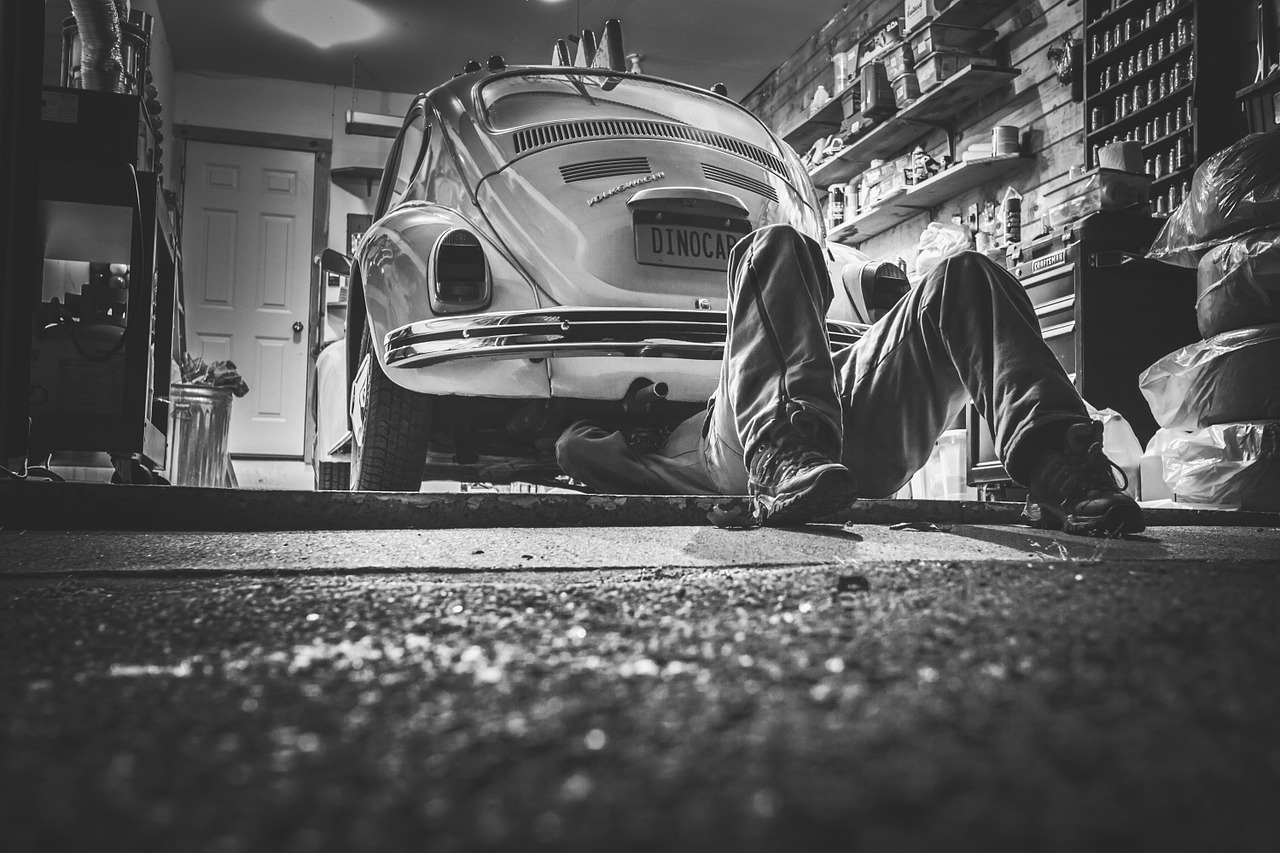
The following are some of the essential protocols that every auto repair shop needs to follow and include in a safety manual:
No Smoking: Chemicals that are used in an auto repair shop are extremely flammable, and hence, smoking around them is an unacceptable mistake. If you already have a no smoking policy, this can be covered under it.
Keeping the shop organized: Tools that are used in an auto shop are heavy, powerful, and often dangerous. If they are left unattended or not kept in their right place, other workers run the risk of tripping over them and getting injured.
Loose clothing should be prohibited: Loose clothing can easily catch fire if there is a fire incident in the repair shop. It can also catch onto other equipment and tools—which can endanger a worker’s life.
Wear protective gear: Wearing protective gear protects employees from hazardous situations. These situations may include a fire or a welding accident.
Lankar Pro is automotive management software with the help of which the owner and mechanics can smoothly manage the shop’s data, dealerships, and inventory and marketing strategies. Download a free demo today to experience the ease of our software!
Get in touch with us here if you have any queries.

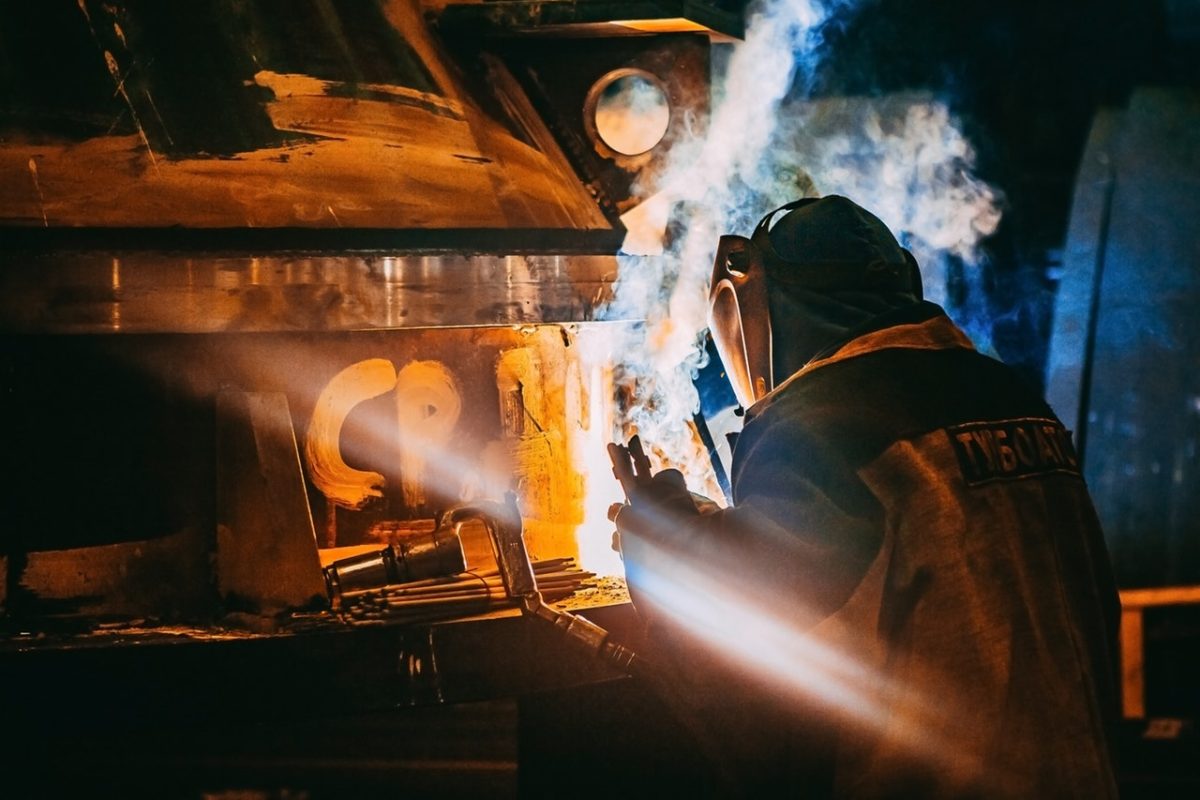
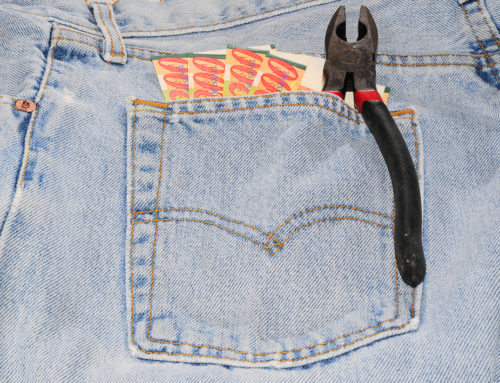
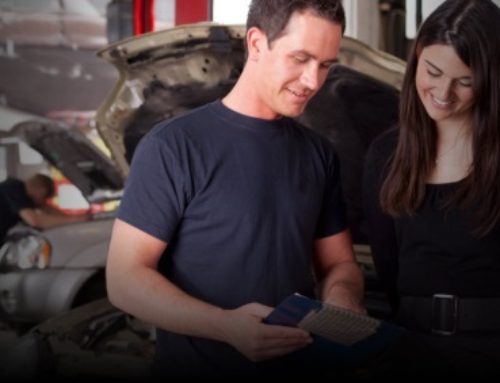
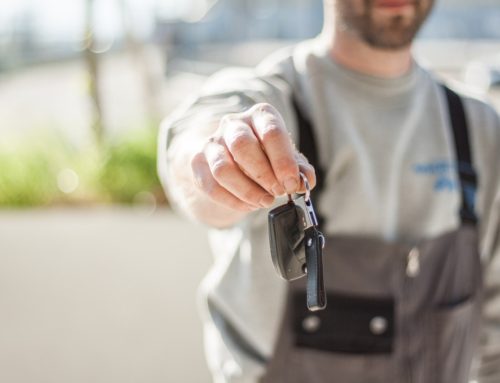


Leave A Comment